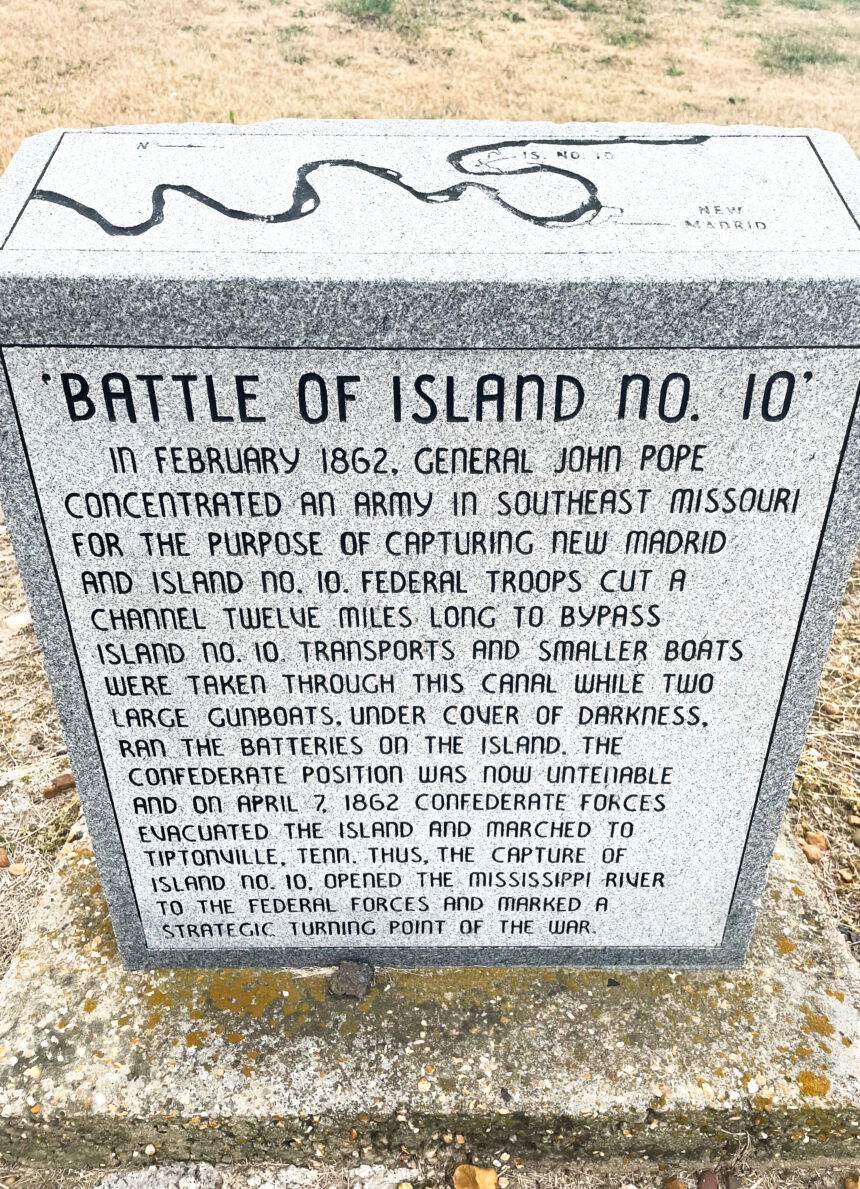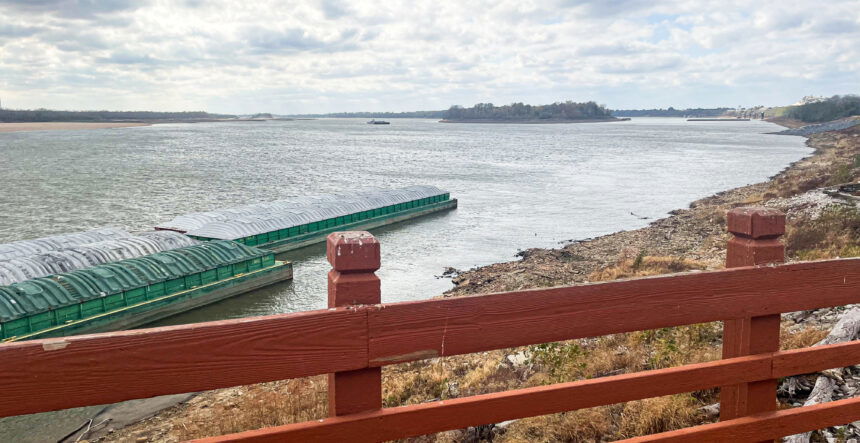Vicksburg: The Gibraltar of the Confederacy


If you love history, we are seeking sponsors and or contributors to support this column. Contact Bob at robertmford@aol.com for details and/or donate via Venmo @bobfordshistory
One hundred and sixty two years ago this week, the Civil War was decided in the bluffs overlooking the Mississippi River.
Union Gen. Ulysses S. Grant and his 75,000-man Army of the Tennessee were closing in on splitting the Confederacy in half, shattering the South’s ability to supply its troops.
It was the last and most formidable Southern fortification still held by the Rebels on the river ... Vicksburg.
Gen. Winfield Scott, Mexican War Commander and hero, knew the importance of the Mississippi River. Still Commander-in-Chief of the relatively small U.S. Army at the beginning of the Civil War, Scott developed a military strategy for the North to win, the Anaconda Plan.
The Plan’s concept was to slowly constrict the rebellious states by blockading Southern ports, restricting all imports/exports and gaining control of the Mississippi River. Holding the River would divide the Confederacy, isolating Texas and Arkansas. Upon success the South would struggle resupplying fighting troops and selling cotton, the South’s cash cow, to their fashionable friends in Europe crippling the Confederate economy.
Anaconda was ridiculed by some, younger Generals Hallack, McClellan and McDowell for instance, who thought “Old Fuss and Feathers” was out of touch. They favored direct decisive action against the Confederate Capital of Richmond, Virginia itself, promising to put down the rebellion in 90 days...how did that work out?
Lincoln went with the “young guns” recommendation, launching the overconfident Peninsula Campaign. It was the Union’s first major offensive of the war in the East. With superior numbers marching to capture Richmond, it was Yankee might against the South’s resolve,...again, how did that work out?
One Rebel private lamented in a letter home, “I don’t know about slavery or this states rights thing, what I do know is we’ve been invaded!”
Like many, Virginians were proud of their state and felt this fight was just like the last American war against a forbearing foreign foe, the British.
In the push to capture Richmond, the Yankees were outmaneuvered and outfoxed by Generals Joe Johnston and a newcomer, one Robert E. Lee. As the crow flies, Richmond is only 108 miles from Washington, D.C., but for any marching army, tough terrain to cross with many rivers.
After the Peninsula Campaign fiasco, Lincoln must have felt that the old General knew a thing or two, so much for a quick, decisive victory.
By late '62, it was back to that “snake” plan because nothing else was working. Shiloh, Antietam and Fredericksburg were all battles in which the Union either lost or suffered a tremendous number of casualties in a so-called victory.
General Scott was right; this would turn out to be a war of attrition, needing to suffocate the enemy slowly on all fronts. No one was questioning the South’s resolve anymore.
Lincoln’s focus turned to the Mississippi River.
Riverboat traffic on the Mississippi had flourished for years. Most steamboats were wood-burning, going through roughly 70 cords a day. Commercial piers along the river selling wood were interspersed between towns, forts and inlets.
Imposing, well-defended Southern forts down river included 10 Mile Island, Ft Pillow, Memphis, New Orleans and the invincible Vicksburg, Mississippi. All would have to be taken for Scott’s plan to work. Each installation was unique. Grant told Lincoln his troops were up to the task, but it would take time.
Island Number 10 is in the middle of the Mississippi just downstream from New Madrid, Missouri. It held impressive Rebel artillery that commanded the waterway.
If you have done something incredible or were known for bravery in battle the enemy may compliment you with a nickname, “Stonewall” Jackson, “Unconditional Surrender” Grant, “Fighting” Joe Hooker or St. Joseph’s former mayor Confederate General M. Jeff Thompson, “the Swamp Fox.”
Thompson got his moniker from none other than Ulysses S. Grant for his ability to successfully maneuver his men in and around the swamps of SE Missouri.
It took the Union Army 6 weeks to capture Island Number 10, having to land and attack the fortification from the rear, up the one narrow trail leading to the foreboding battery. M Jeff and his troops got out just in time but abandoned their heavy guns. The Island was the South’s strongest position on the upper Mississippi.
Memphis and Ft Pillow were next, each fortification presenting unique challenges. Some batteries could be charged and destroyed by a flotilla, while others had to be encircled with a flanking ground force.
By late spring of '62, the upper Mississippi was in Union hands. Lincoln was pleased because nothing in the East had gone well. Soldiers were dying at an unacceptable rate, and political pressure mounted from democratic opponents wanting to negotiate for peace, but the president would have none of it.
One last Rebel bastion on the river remained. If the Yankees could take the steepest, best defended position the South had fortified, it could change the war. Success meant dividing the Confederacy, allowing the North for the first time to safely use the river, moving their men and supplies at will. It would be the game-changer the North and Lincoln needed.
As the President proclaimed, “Vicksburg is the key. The war cannot ever be brought to a close until that key is in our pocket!”
Next time, on to Vicksburg!
————————————-
Bob Ford’s History will appear in each edition of the Midweek and Weekender. To see more of Bob’s work visit his website bobfordshistory.com and videos on YouTube, TikTok and Clapper.



